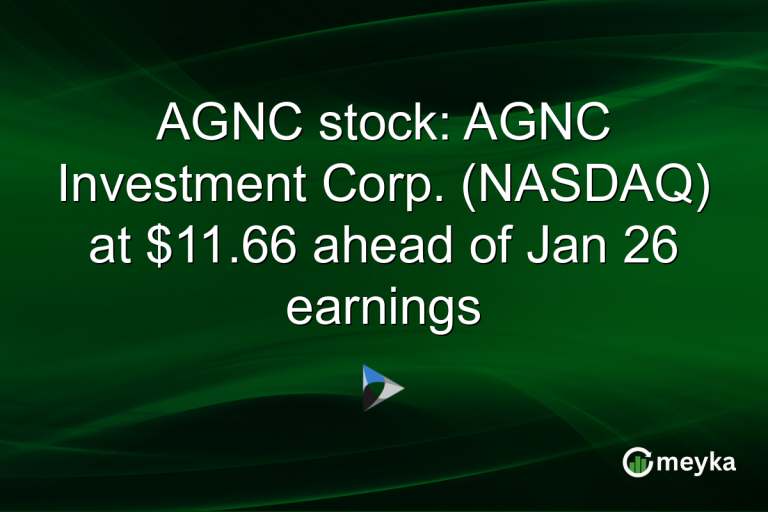Signs of Life in Florida Real Estate as Market Shifts from Slump to Boom
The Florida real estate market is showing fresh momentum after months of uncertainty. Once weighed down by rising interest rates and affordability challenges, the market is now beginning to rebound. With a combination of strong demand, improving economic factors, and renewed investor confidence, Florida’s property sector is shifting from a slump to a boom.
Florida Real Estate Market Overview
Florida has long been one of the hottest property markets in the United States. Known for its beaches, warm climate, and tax-friendly policies, the state attracts not only retirees but also young professionals, entrepreneurs, and international buyers.
Over the past year, the market faced a slowdown. High mortgage rates and inflation caused hesitation among buyers. However, as rates begin to stabilize and demand resurfaces, properties are once again gaining attention. Data from the Florida Realtors Association shows increased sales volume in major metro areas like Miami, Orlando, and Tampa in recent months.
Why Florida Real Estate Is Bouncing Back
Several factors are driving this revival in Florida real estate:
Population Growth and Migration Trends
Florida is one of the fastest-growing states in the U.S. According to the U.S. Census Bureau, more than 1,000 new residents move to Florida each day. This influx is driven by job opportunities, lower taxes, and lifestyle appeal. With more people relocating, housing demand remains strong, fueling property values even during economic shifts.
Stabilizing Mortgage Rates
The recent cooling of inflation has eased pressure on mortgage rates. While borrowing costs remain higher than pre-pandemic levels, the gradual decline is giving buyers more confidence. This shift has unlocked pent-up demand, especially among first-time homebuyers who were previously priced out of the market.
Investor Confidence
Florida continues to attract both domestic and international investors. Rental demand remains high, especially in tourist-heavy regions. Institutional investors are also entering the market, purchasing single-family homes for long-term rental income. This trend has strengthened the market’s resilience against downturns.
Key Cities Leading the Florida Real Estate Boom
Miami
Miami remains a global hotspot for real estate. Luxury condos, waterfront properties, and commercial developments are attracting wealthy investors from Latin America and Europe. The city also benefits from its growing tech and finance sectors, further boosting housing demand.
Orlando
Known for tourism, Orlando is now experiencing strong residential growth. Families and professionals are drawn to affordable housing compared to coastal cities, while short-term rental investments near Disney and Universal Studios continue to flourish.
Tampa Bay
Tampa has seen rapid development in recent years, with new infrastructure, business expansions, and rising population growth. The city’s balance of affordability and urban lifestyle makes it an attractive choice for homebuyers and investors alike.
How Florida Real Estate Compares to Other Investments
When compared to stocks or other financial assets, real estate in Florida is showing steady performance. While AI stocks and technology equities have drawn attention in the stock market, real estate offers tangible value and long-term stability. Unlike volatile equity markets, property investments in Florida are backed by strong demographic trends and consistent demand.
Many investors are conducting stock research and diversifying their portfolios, with real estate being an essential hedge against market fluctuations. Florida’s unique combination of growth and resilience positions it as one of the top real estate markets in the country.
Challenges Still Facing the Market
Despite the positive momentum, Florida’s housing sector faces some challenges:
- Affordability: Home prices remain high in popular cities, making it difficult for middle-income families to enter the market.
- Insurance Costs: Rising property insurance rates, especially in coastal areas, are adding financial pressure on homeowners.
- Climate Risks: Hurricanes and flooding remain concerns for buyers and investors, potentially impacting long-term valuations.
These challenges highlight the importance of careful planning and due diligence when buying or investing in Florida properties.
Opportunities for Buyers and Sellers
For buyers, now is a strategic moment to re-enter the market as prices stabilize and competition increases. Securing property before mortgage rates drop further could lock in long-term gains.
For sellers, demand is heating up again, especially in fast-growing regions. With fewer listings compared to peak years, well-priced properties can attract multiple offers quickly.
Real estate professionals suggest that both groups stay updated on local trends, interest rates, and market forecasts to maximize opportunities.
Florida Real Estate Outlook for 2025 and Beyond
Analysts predict continued growth for the Florida real estate market over the next few years. With sustained population increases, strong rental demand, and investor interest, the state is well-positioned for long-term expansion.
If mortgage rates continue to decline and economic conditions remain stable, Florida could experience another surge similar to the post-pandemic boom. Cities with strong job markets and infrastructure development will likely see the fastest appreciation.
Conclusion
The shift from slump to boom in the Florida real estate market is a sign of renewed strength in one of the nation’s most dynamic housing sectors. Population growth, stabilizing rates, and investor confidence are fueling this turnaround. While challenges such as affordability and insurance costs remain, the overall outlook is optimistic.
For buyers, sellers, and investors, Florida continues to offer strong opportunities, positioning itself as a leading destination for real estate growth in the United States.
FAQs
Yes, with stabilizing mortgage rates and strong demand, it is an attractive time to consider purchasing before prices rise further.
Miami, Orlando, and Tampa are leading markets due to strong job growth, migration trends, and rental demand.
Insurance premiums in coastal regions are rising due to climate risks. Buyers should factor in these costs when budgeting for property.
Disclaimer:
This content is made for learning only. It is not meant to give financial advice. Always check the facts yourself. Financial decisions need detailed research.






